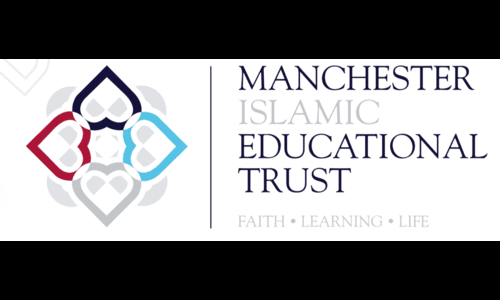The Role of Islamic Trusts in Education – Building a Faith-Based Future

Islamic trusts, known historically as waqf, have played a pivotal role in the educational and social development of Muslim societies. In modern times, these trusts continue to uphold their legacy by funding and managing institutions dedicated to learning, welfare, and religious guidance. This blog explores how Islamic Trusts function in the educational domain today and their impact on communities worldwide.
Understanding the Concept of an Islamic Trust
An Islamic Trust or waqf is a charitable endowment established under Islamic law. It involves donating property or assets for religious or charitable purposes. Historically, waqfs funded mosques, schools (madrasahs), hospitals, and even water systems. Education, in particular, has always been a central focus.
In contemporary settings, Islamic Trusts continue to manage educational initiatives—from kindergartens to universities—through sustainable endowment models.
Education Through Endowment
One of the most sustainable ways Islamic Trusts support education is by establishing a financial endowment. The profits generated from invested assets are used to fund school operations, teacher salaries, student scholarships, and facility maintenance. This model ensures long-term financial independence and reduces reliance on external aid.
Islamic Trusts in the UK and Beyond
In countries like the UK, Islamic Trusts have evolved to meet the needs of diverse, multicultural Muslim populations. Examples include:
- Manchester Islamic Educational Trust (MIET): Managing schools like Manchester Muslim Prep School and KD Grammar School.
- The Islamic Trust of Britain: Running supplementary schools, evening classes, and teacher training programmes.
- International Islamic Trusts in Malaysia, Turkey, and the Middle East: Supporting Islamic universities and research institutes.
These institutions often blend national academic requirements with robust religious education, offering the best of both worlds.
Faith-Based Learning Environments
Islamic Trusts ensure that students grow in environments aligned with Islamic ethics. Features include:
- Halal food provision.
- Daily Salah (prayer) breaks.
- Modest uniforms and behavioural codes.
- Islamic assemblies, competitions, and events.
This allows students to express their faith confidently, while excelling academically.
Women and Girls’ Education
Many Islamic Trusts prioritise the education of girls and women, providing secure and empowering spaces where they can thrive. Girls’ grammar schools and women-led educational initiatives are increasingly supported through trusts, ensuring equitable access to faith-based education.
Technology and Innovation
Modern Islamic Trusts are embracing technology to enhance learning. From smart classrooms to online Qur'an academies, they are adapting to the digital age. Trusts also invest in e-learning platforms, Islamic mobile apps, and teacher development through virtual training.
Challenges and the Road Ahead
Despite their contributions, Islamic Trusts face several hurdles:
- Regulatory compliance in Western nations.
- Sustainability of funding models.
- Balancing conservatism with progressiveness.
Nevertheless, most are overcoming these challenges by increasing transparency, engaging younger professionals, and strengthening inter-community partnerships.
Conclusion
Islamic Trusts are not relics of the past—they are dynamic institutions shaping the present and future of Muslim education. By blending the tradition of waqf with modern tools and pedagogy, they offer faith-driven, quality education that empowers individuals and strengthens communities. Their role in shaping a generation of knowledgeable, ethical, and spiritually aware individuals is indispensable in today’s complex world.
- Art
- Causes
- Crafts
- Dance
- Drinks
- Film
- Fitness
- Food
- Games
- Gardening
- Health
- Home
- Literature
- Music
- Networking
- Other
- Party
- Religion
- Shopping
- Sports
- Theater
- Wellness

